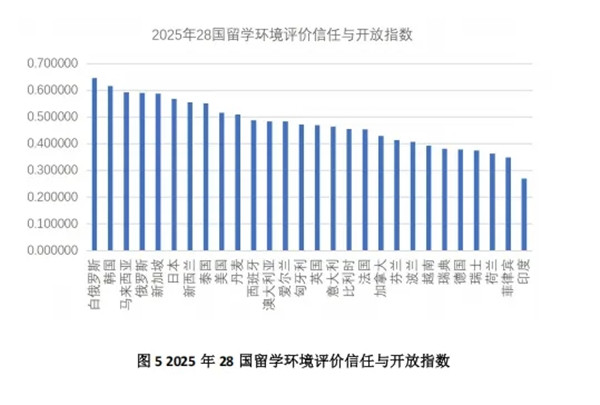【南华早报】English exam body withholds results from 350 Chinese
2015年11月6日One mainland English-language cramming centre, which offered coaching for the SSAT taken on September 19, boasted on its website that it had coached its students on up to 95 per cent of the test questions.
Some of the students accused of cheating have been told they must take the exam again, but complained on social media that they had done nothing wrong.
However, one Chinese education analyst Dr Miao Lu believes such practices are putting at risk future applications by mainland youngsters keen to study abroad.
After the September 19 test, the SSAT Board sent out emails to the 357 mainland students on October 20 telling them their scores had been cancelled.
Miao, executive secretary general of the Centre for China and Globalization(CCG) think-tank, said international schools and universities were likely to pay much closer scrutiny to Chinese student’s application, and could even cut enrolment quotas for mainland youngsters, because of worries over their genuine academic abilities.
She said students accused of cheating in one SAT – originally known as the Scholastic Aptitude Test – had scored high marks of 2,300 out of 2,400 in the test, but had been unable to speak in English to foreigners, Miao told the South China Morning Post.
“Such incidents cast real doubts on the credibility of all Chinese students sitting exams. It impacts not only on their own studies, but also on future admission rates of all Chinese students in future.
“This scrutiny of their exam scores is only the beginning: it’s likely the whole international education community will have doubts about the ability of mainland students in future.”
The students accused of cheating – and many others that were not penalised – will spend days beforehand memorising hundreds of authentic examination questions and answers from past examination papers collected together by English language crammers.
Hundreds of thousands of students on the mainland have done the same thing for the past couple of decades; they focus on memorising as many standard answers to old exam questions as they can.
Most standardised tests feature past questions with a smaller number new ones included each time.
From South China Morning Post, Nov. 2, 2015






